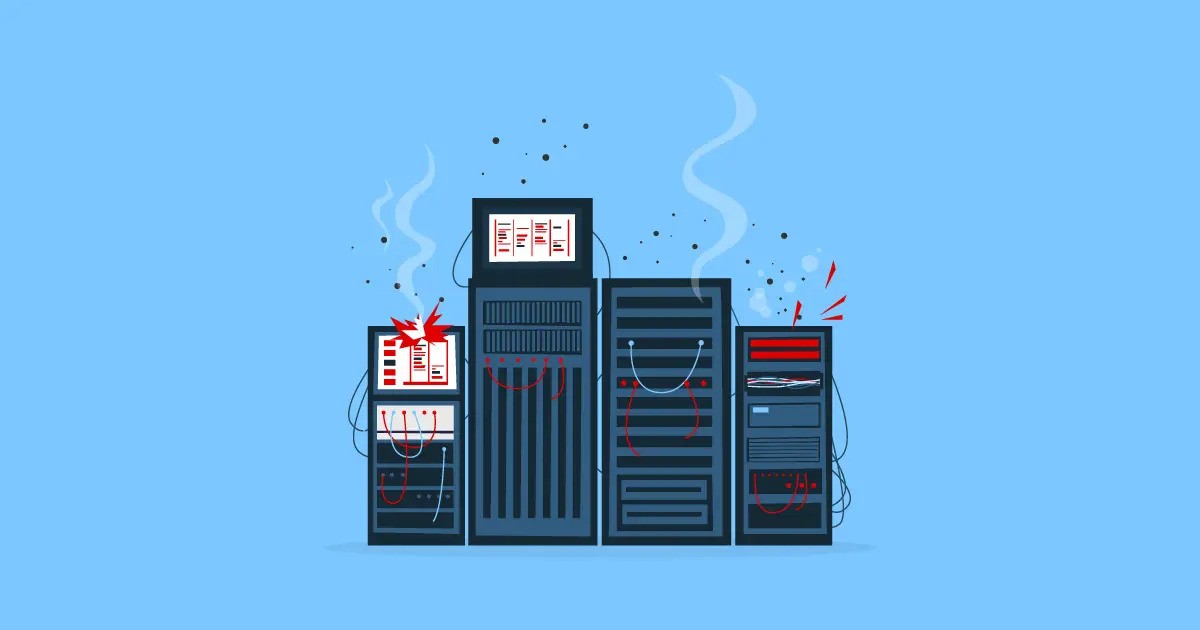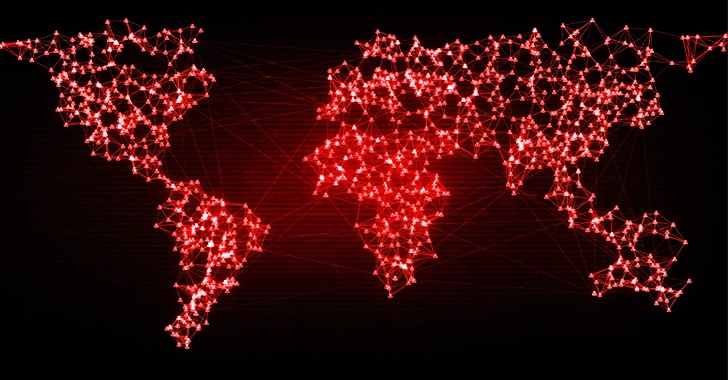In an unusual display, the White House admitted that the United States’ internet infrastructure is being targeted by ‘cyber warfare efforts,’ not from an enemy who is located within its borders, but rather a weakness in the global Internet Border Gateway Protocol (BGP) has been targeted. This system has been relied upon for decades in the management of data traffic, and recent developments have shown the vulnerabilities that threaten its integrity and pose a threat even in the global perspective.

BGP: A Flawed Cornerstone of the Internet
The Border Gateway Protocol was invented more than 25 years ago with the purpose of supporting interconnectivity between networks owned by different entities, such as Internet providers, businesses, or government bodies. Rather than watching over a disjoint group of networks, it serves more as an organizational coordinator to convey information among self-governing networks. Such announcement enables routers to signal the presence of networks and which other networks can get in touch with them, thus there is no possibility of data stagnating in different geographical regions.
Even with how vital the BGP is, it was made in a time with no serious concern about the cyber threats around the world and which relied on the trust me bro culture. There are no measures in place to verify that the messages purporting to constitute traffic routing announcements originate from authorized personnel nor to ascertain the validity of the information passed between the networks. This makes it easy for malicious individuals to carry out attack on the system that goes unnoticed and redirects the traffic or takes over the system.

Notable BGP Incidents
Newer BGP weaknesses have been taken advantage of during numerous attacks. A notable incident occurred in 2008 when Pakistan attempted to block YouTube, however, an errant configuration within its network instead resulted in a worldwide YouTube outage. In 2018, hackers hijacked Amazon’s Route 53 Domain Name System (DNS) traffic, allowing them to steal the life savings of cryptocurrency owners. In the case of Facebook, its outage along with Instagram in October 2021, had also stemmed from misconceived routing due to BGP – for hours, billions of users were offline. Other countries have also attempted to eavesdrop on U.S. traffic. On several occasions, China and Russia routed data meant for internal use back to external networks, which means sensitive intelligence may have been resealed. On the other hand, US government and internet infrastructure providers have also tried hard to secure such routes but BGP vulnerabilities remain as a major threats.

Fixing BGP: The Plan for Enhanced Security
Experts also assist as an agreement, that BGP must be updated and as a solution, the Resource Public Key Infrastructure RPKI must be implemented. This ensures that the route announcements’ trustworthiness can be verified, hence curb both unintentional and intentional hijack attempts. RPKI gives privileged access to the announcing of the feigned advertisement of certain routes to pre-established networks only, shielding from the cyber attack that impacted the services offered by Route 53 of the Amazon Company.
Though the target has been set, very few have achieved it. Turning to BGP security deployment, leader is European Union (EU)- 70% BGP routes are already protected with RPKI –while the US is low at 39% routes secured. However, many barriers to carrying out such a critical upgrade still exist most notably administrative bottlenecks and the size of the internet.

The Future of Internet Security
The internet can be regarded as one of humankind’s most remarkable inventions. However, even such pivotal systems as BGP do suffer some aging problems. It is vital to protect this infrastructure to ensure the continued availability of this and any economies with a global interdependency. Although RPKI represents a compromise solution, governments and internet operators must act quickly in order to fill the internet security gaps.
Still including the dangers, users of the confidence in the internet such as the use of BGP are often cyclone by hackers simulating such phenomenon. A common concern but adequate measures to secure BGP routes are adopted at a very slow pace, something that does not bode well for the future of internet security.









Leave a Reply